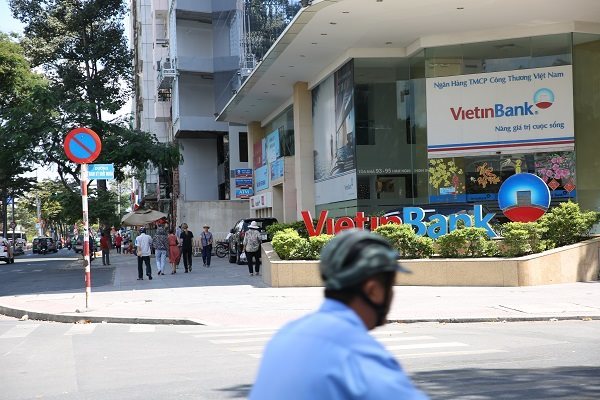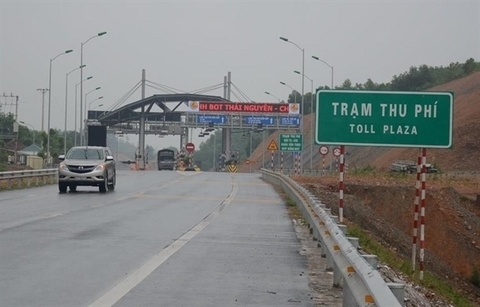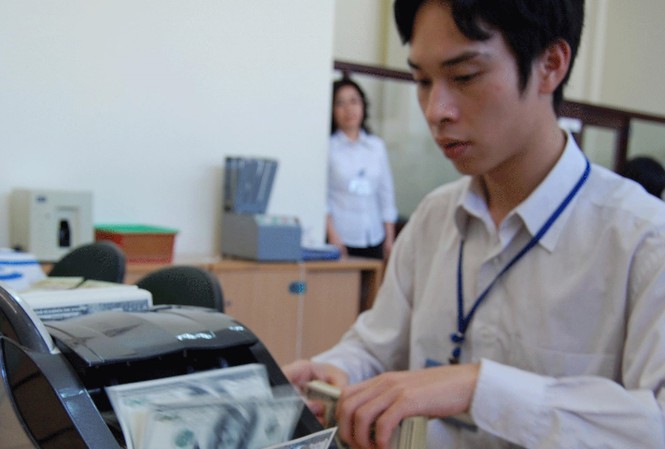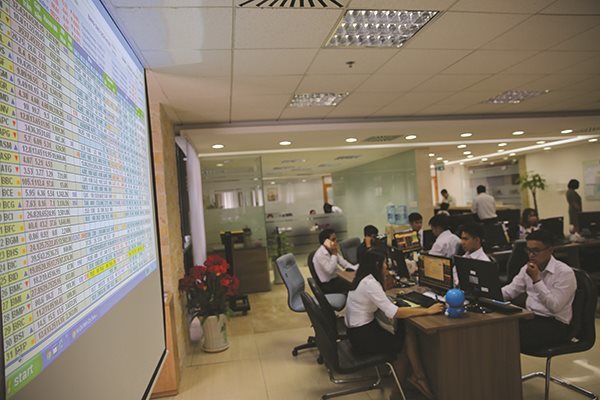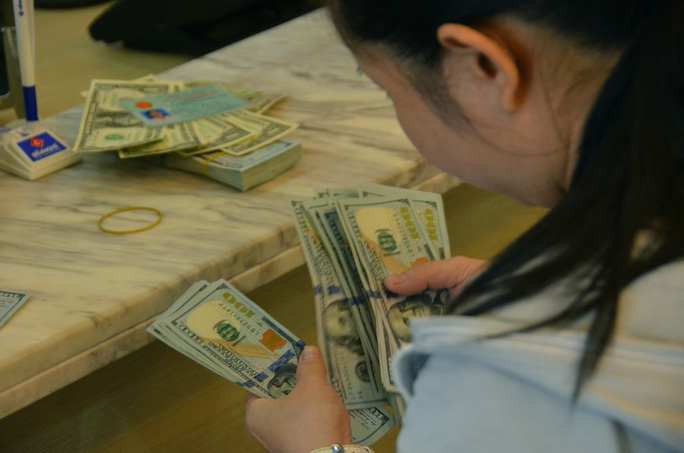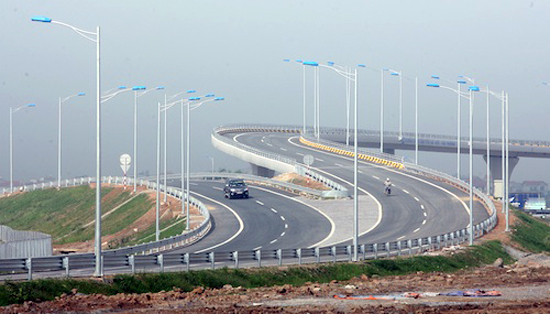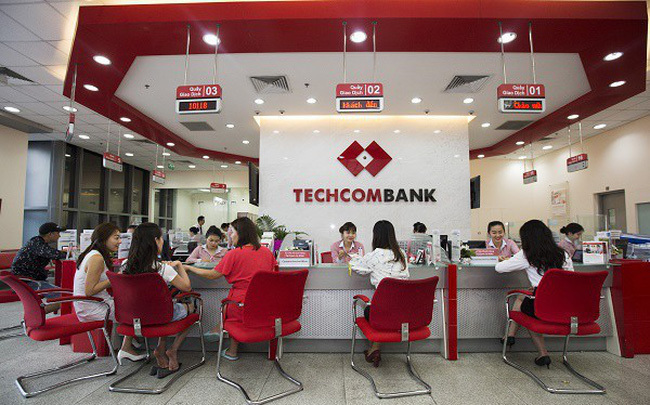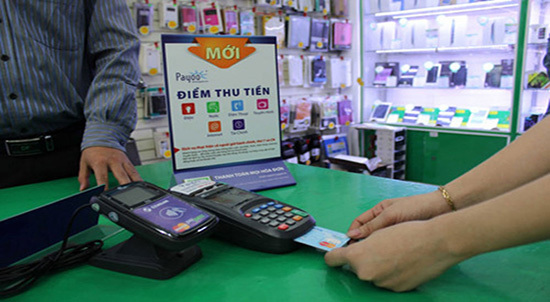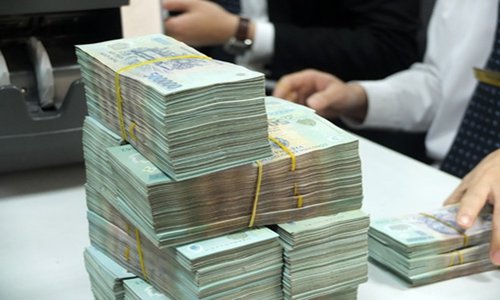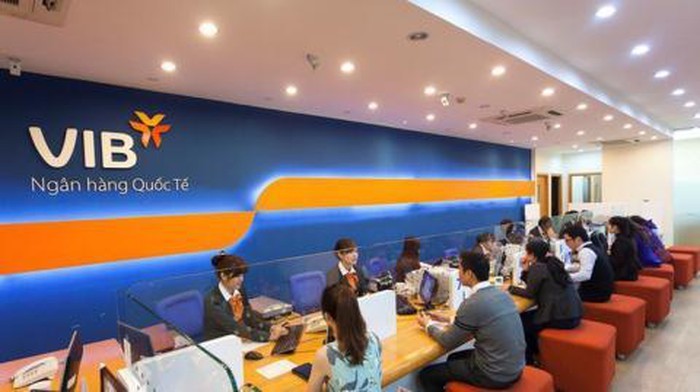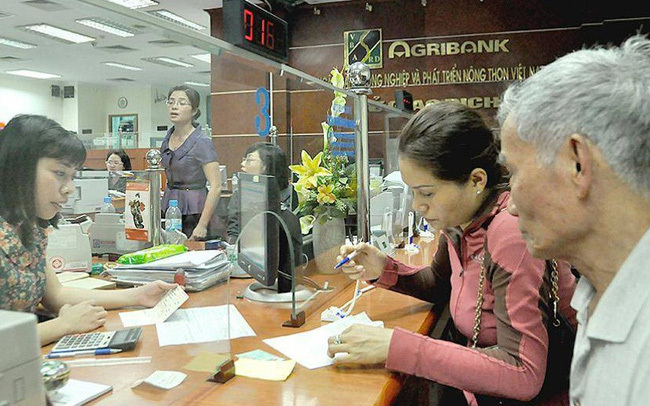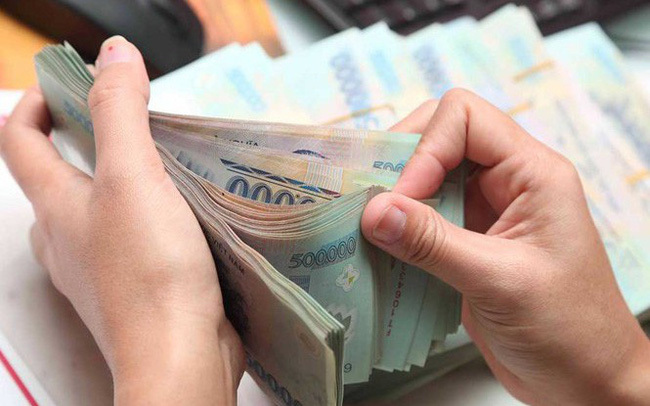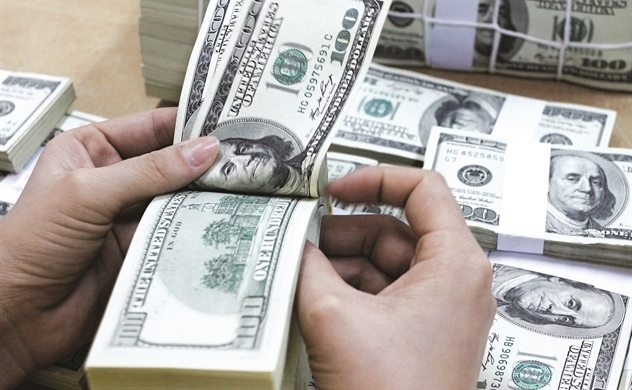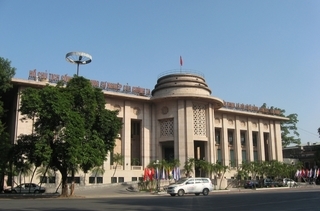- © Copyright of Vietnamnet Global.
- Tel: 024 3772 7988 Fax: (024) 37722734
- Email: evnn@vietnamnet.vn
SBV
Update news SBV
Banks tighten credit as real estate developers search for more capital
 Real estate firms are seeking new sources of capital as commercial banks have tightened lending.
Real estate firms are seeking new sources of capital as commercial banks have tightened lending.
Vietnam State Bank warns of NPLs from transport projects
 The State Bank of Vietnam has said it would continue to direct credit institutions to control credit in potentially-risky areas such as real estate and securities, especially Build-Operate-Transfer and Build-Transfer transport projects.
The State Bank of Vietnam has said it would continue to direct credit institutions to control credit in potentially-risky areas such as real estate and securities, especially Build-Operate-Transfer and Build-Transfer transport projects.
VN banks lower savings rates but base rate could still be high
 Several local banks have reduced their interest rates in recent days, going against the banking sector’s general year-end trend of increasing rates to boost earnings.
Several local banks have reduced their interest rates in recent days, going against the banking sector’s general year-end trend of increasing rates to boost earnings.
Vietnam’s forex reserves increasing rapidly
 Vietnam’s forex reserves had reached $73 billion, equal to the value of 14 weeks of imports, as of October 31.
Vietnam’s forex reserves had reached $73 billion, equal to the value of 14 weeks of imports, as of October 31.
Vietnam’s 2019 credit growth target considered unattainable
 Vietnam’s credit growth is projected to fall below the 14% target set for this year by the State Bank of Vietnam (SBV), due to lower-than-expected lending to businesses in the industry, construction and telecommunications sectors.
Vietnam’s credit growth is projected to fall below the 14% target set for this year by the State Bank of Vietnam (SBV), due to lower-than-expected lending to businesses in the industry, construction and telecommunications sectors.
Vietnamese businesses still reluctant to list shares
 The number of companies which listed shares or are planning to list shares in 2019 remains very modest.
The number of companies which listed shares or are planning to list shares in 2019 remains very modest.
Billion-dollar fintech market awaits sandbox for breakthrough
 Regulators are working to finalise the sandbox for healthy market development, accelerating economic growth that will help Vietnamese fintech companies bloom.
Regulators are working to finalise the sandbox for healthy market development, accelerating economic growth that will help Vietnamese fintech companies bloom.
Overseas remittances to HCM City invested in real estate or deposited in banks
 It is expected that kieu hoi (overseas remittance) will continue to flow into Vietnam, especially HCM City, which receives 50 percent of total remittances.
It is expected that kieu hoi (overseas remittance) will continue to flow into Vietnam, especially HCM City, which receives 50 percent of total remittances.
Funding of BOT projects in Vietnam carries risks
 The warning about risks of funding BOT (build-operate-transfer) projects given two years ago is becoming a reality.
The warning about risks of funding BOT (build-operate-transfer) projects given two years ago is becoming a reality.
Banks in Vietnam see decline in foreign exchange trading results
 Q3 finance reports show that a series of banks had unsatisfactory results in foreign exchange trading or took losses.
Q3 finance reports show that a series of banks had unsatisfactory results in foreign exchange trading or took losses.
Vietnam's US$700-million cashless payment network to be operational next year
 As of present, just 40% of citizens in Vietnam have bank accounts. However, 90% of daily transactions are conducted in cash, while the rate goes up to 99% for transaction worth under VND100,000 (US$4.34).
As of present, just 40% of citizens in Vietnam have bank accounts. However, 90% of daily transactions are conducted in cash, while the rate goes up to 99% for transaction worth under VND100,000 (US$4.34).
Vietnam’s credit growth projected to reach 10-year low of 13.2% in 2019
 The slow growth comes mainly from state-owned banks, which have become more stringent on their loan disbursements.
The slow growth comes mainly from state-owned banks, which have become more stringent on their loan disbursements.
Capital flows into real estate sector despite VN central bank's measures to tighten lending
 Outstanding loans to the real estate sector have been increasing steadily although Vietnam has been keeping tight control over lending.
Outstanding loans to the real estate sector have been increasing steadily although Vietnam has been keeping tight control over lending.
Vietnamese banks struggle to raise chartered capital
 The time to apply standards in accordance with Basel II is nearing and commercial banks are rushing to raise chartered capital.
The time to apply standards in accordance with Basel II is nearing and commercial banks are rushing to raise chartered capital.
Vietnamese Gov’t takes tighter control over large-size real estate projects
 The Government will continue to tighten credit in the real estate industry.
The Government will continue to tighten credit in the real estate industry.
VN banks expose their cross ownership through massive bond issuances
 Commercial banks are rushing to issue bonds to balance short-term and long-term capital, and ensure their capital adequacy ratio.
Commercial banks are rushing to issue bonds to balance short-term and long-term capital, and ensure their capital adequacy ratio.
Foreign and Vietnamese banks in hot race
 With great advantages being held by foreign banks, Vietnamese banks find it difficult to compete.
With great advantages being held by foreign banks, Vietnamese banks find it difficult to compete.
Foreign capital flows to Vietnamese banks
 Large banks as well as smaller ones are seeking foreign investors in today's competitive market.
Large banks as well as smaller ones are seeking foreign investors in today's competitive market.
Vietnam central bank fighting against dollarization
 The level of dollarization of an economy is based on the ratio of foreign currency deposits to total money supply (M2), or total deposits; and the ratio of outstanding foreign currency loans to M2, or total outstanding loans.
The level of dollarization of an economy is based on the ratio of foreign currency deposits to total money supply (M2), or total deposits; and the ratio of outstanding foreign currency loans to M2, or total outstanding loans.
Vietnam central bank attempts to address sluggish growth
 The State Bank of Vietnam’s latest move to reduce interest rates comes after other central banks around the globe have started easing to combat spreading weaknesses, but experts are warning that such decisions may not yield the desired effects.
The State Bank of Vietnam’s latest move to reduce interest rates comes after other central banks around the globe have started easing to combat spreading weaknesses, but experts are warning that such decisions may not yield the desired effects.
